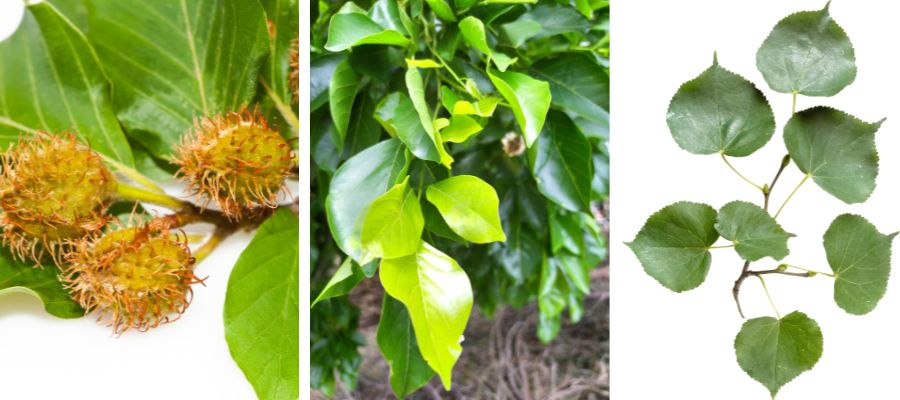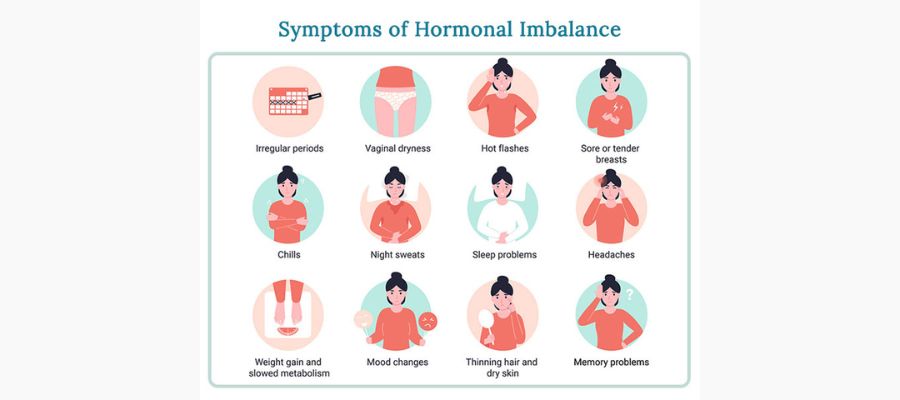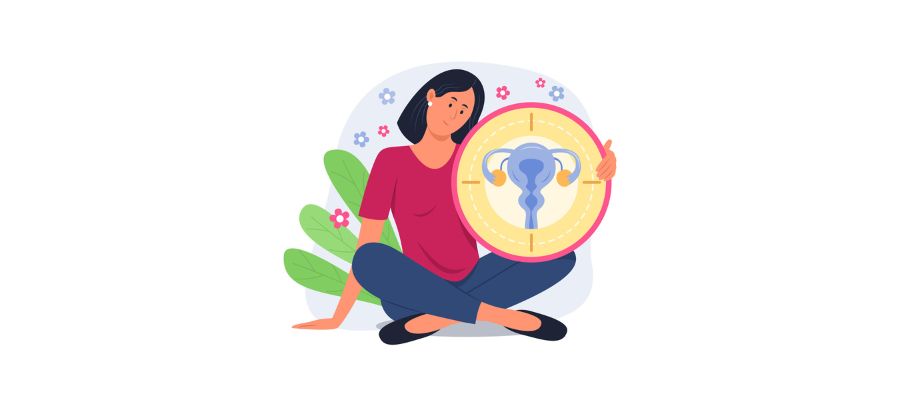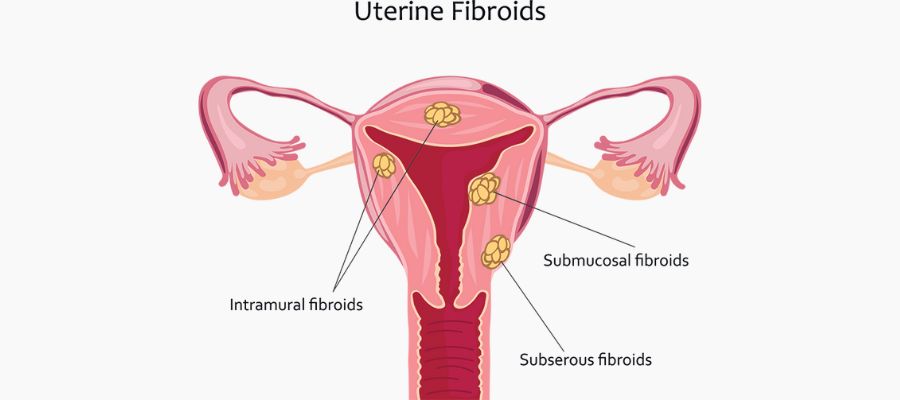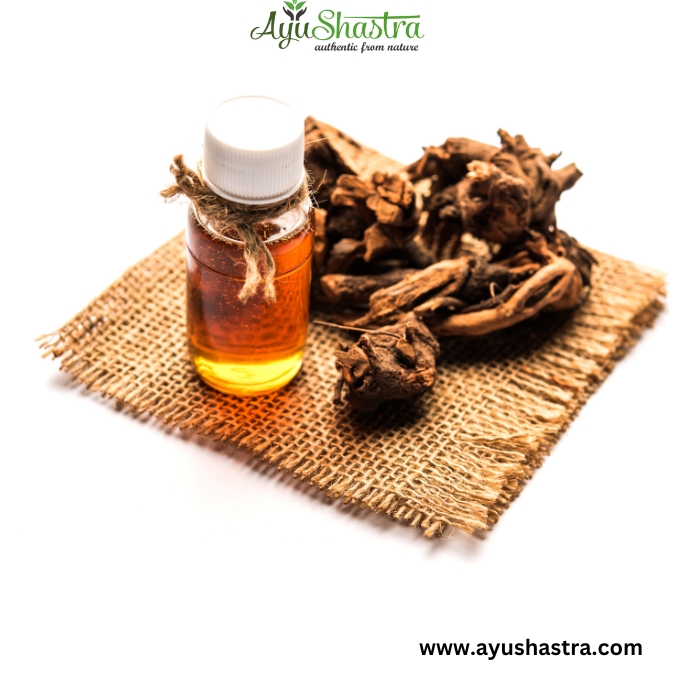
SCIENTIFIC NAME: Plumbago Zeylanica
HINDI NAME: Chitrak
ENGLISH NAME: Doctor bush or Ceylon
FAMILY: Plumbaginaceae
SHORT DESCRIPTION
Chitrak, a herb with a Rasayan effect is a remedy for tridosha in Ayurveda. It helps in pacifying Vata, Kapha and Pitta. Its appetising and digestive properties, according to Ayurveda, aid in the improvement of the digestive system. It is also known as agni, which means fire, or jvala, which means flame. Hence, should only be used under the prescription of an Ayurveda expert and with caution specifically.
USES AND HEALTH BENEFITS
- Used for weight management.
- Effective in promoting digestion.
- Helps in leprosy and diarrhoea.
- Promotes intestinal support.
- Supports regular bowel cleansing.
- Antioxidant in nature.
- Blood purifier
- Has hepato-protective action
PRECAUTIONS AND SIDE EFFECTS
- Because it has a high potency, it should always be consumed in moderation.
- Red Chitrak has the ability to abort a child. As a result, pregnant women should avoid using it.
- Chitrak should be consumed only on the advice of a doctor if you are suffering from any disease.
HOW TO USE
- The combination of Chitrak and Devadaru helps to accelerate the healing process.
- Taking the powdered Chitrak's bark with buttermilk relieves piles. Only under prescription.
- Itching is relieved by grinding red chitrak with milk and applying it locally over the affected area.
- Diabetes can be helped by drinking a decoction of its root bark on a daily basis.
- In the case of nosebleeds, taking the powder of white chitrak mixed with honey provides relief. It is also beneficial to make a paste of its powder and use it to treat arthritis.
- Take 2 Chitrak tablets or capsules orally 3 times per day, preferably with buttermilk for balancing doshas specific health conditions.


